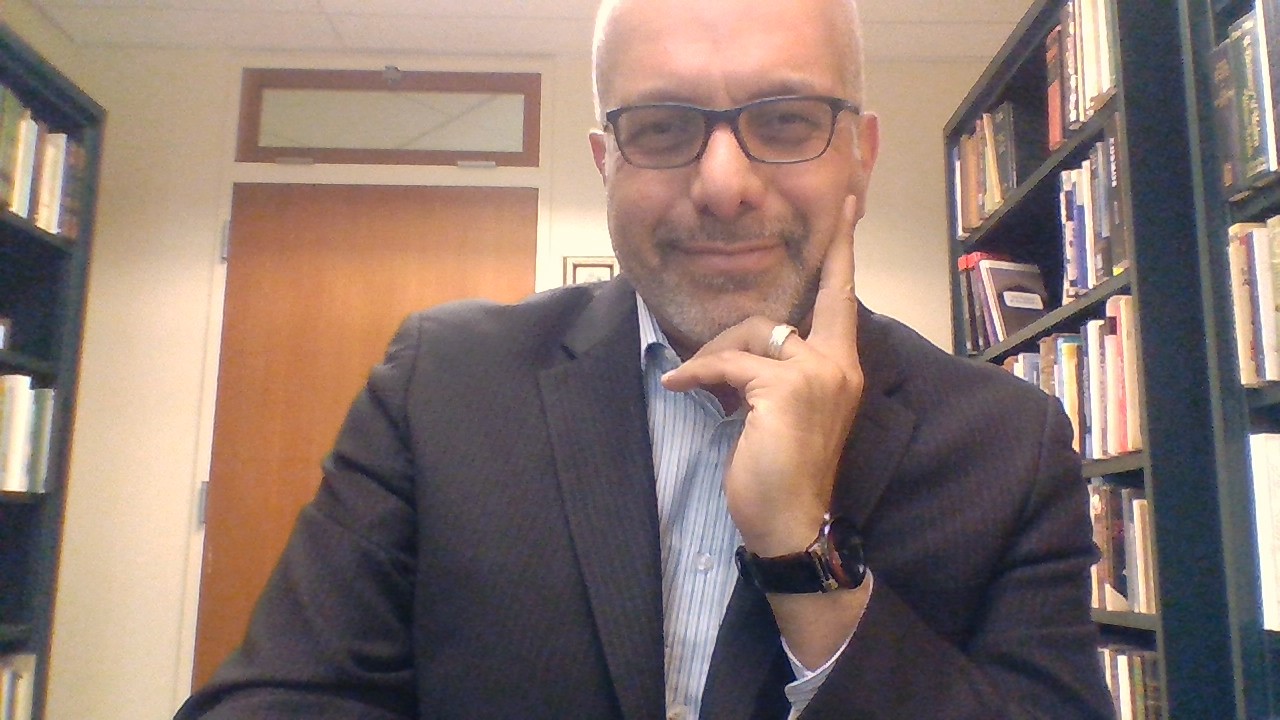Wednesday, November 4
3:30 - 5:00
contact hclausni@ucsc.edu to request Zoom link and password
Abstract:
The purpose of law and government is, once again, due for a major reconsideration. Whether the purpose of law is keeping the peace in society or instilling moral virtue in the population governed by it (hence, disciplining it based on some sense of moral commitments they are presumed to have made but deviated from) cannot be answered vaguely. Building on early modern material and manuscripts from Anatolia, Syria, and Egypt, I propose to examine some foundational points toward a system in which the rules governing liability are the same whether the case is ‘civil’ or ‘criminal’ in nature. Restitution would be the norm in assigning liability, not punishment. The jurist, and the lawmaker, would both trust that a peaceful condition in society bespeaks the society’s capacity to solve its problems. That is, unless suspicion arises that power relations control ‘rights’ and ‘duties.’ (An assertion that power relations always control ‘rights’ and ‘duties' would be seen as facetious or exaggerating a true but trivial point. This and similarly vague prejudices have, in fact, been a burden on western legal reasoning, which has now spread globally.) Some crimes would still be punished severely, but these are a rare minority in the cases. When doubt clings to a certain individual's responsibility for an adverse or undesirable condition, judges are encouraged to demote the liability level in the case from a higher to a lower level. Aggressors are not always given a pass, but it is undeniable that they do get some undeserved relief on occasion. I look forward to discussing both sources and details with the colloquium audience.
About:
Ahmad Atif Ahmad is professor of religious studies at the University of California in Santa Barbara and author of Islamic Law: Cases, Authorities, and Worldview (Bloomsbury, 2017) and the Fatigue or the Sharia (Palgrave, 2012).

